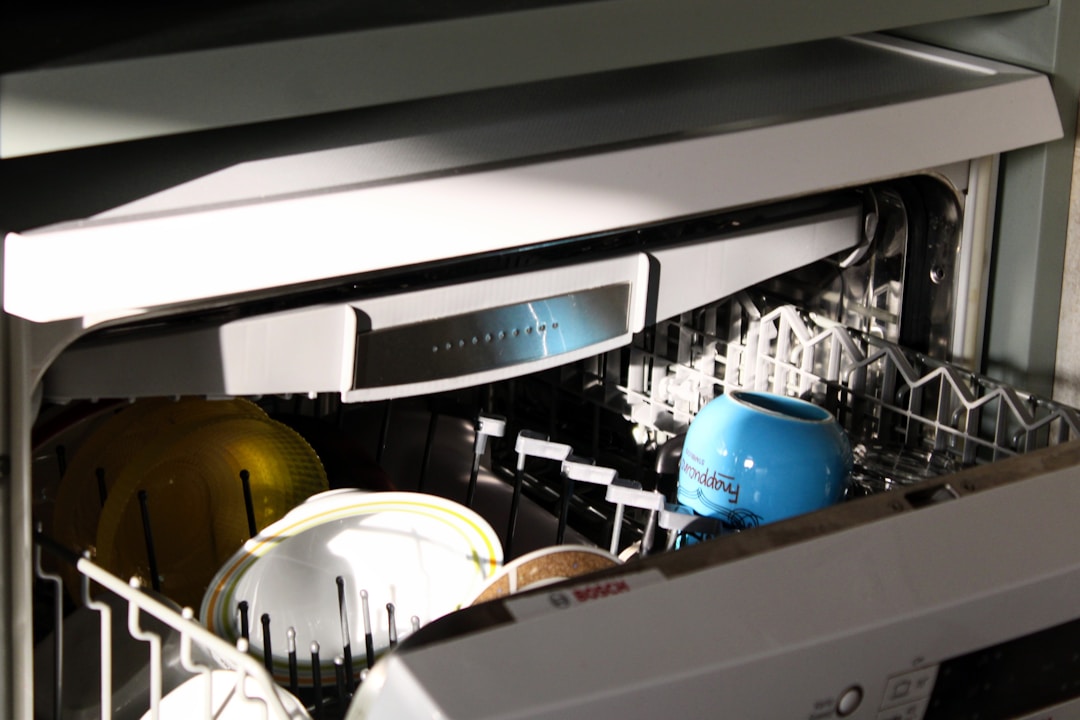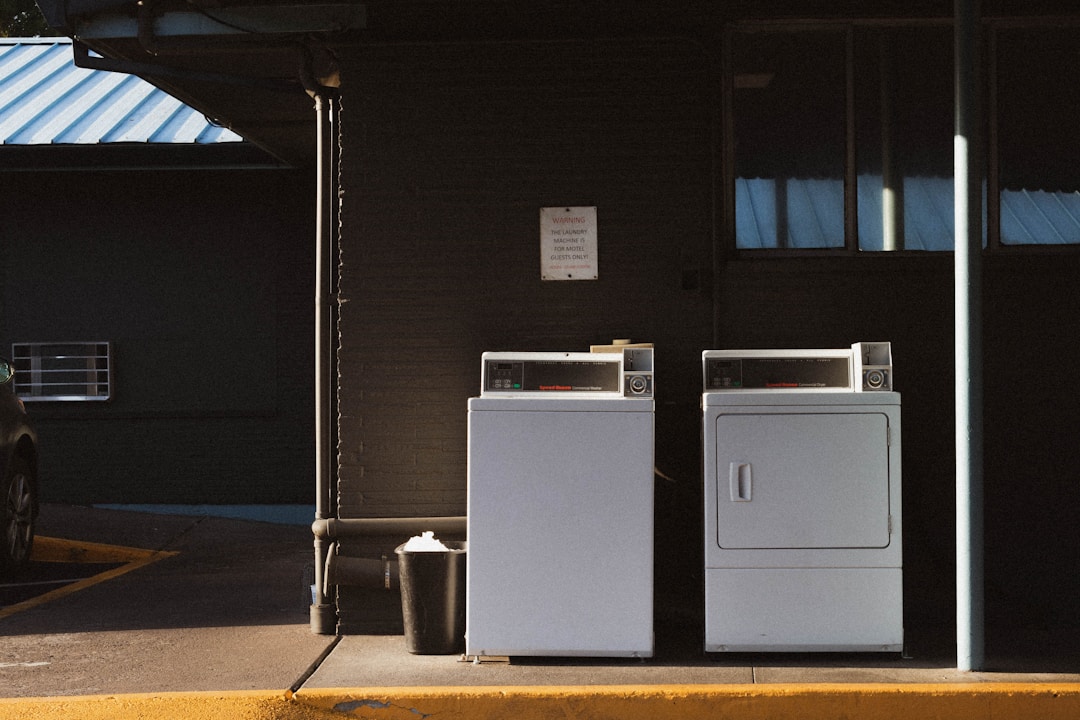If you’re toying with the idea of investing in a water softener for your home, you’re most likely wondering whether it’s really beneficial enough to warrant the cost. By understanding exactly what a water softener does, why you might want soft water rather than hard water, and the benefits it may have for you and your home, you can simplify the decision—and, more likely than not, convince yourself to take the plunge.
What is a water softener?
At its core, a water softener is a specialized filtration system. In particular, the water softener aims to filter out high concentrations of calcium and magnesium, the minerals that lead to hard water. As hard water passes through the filter, the system removes these hard minerals, leaving comparatively soft water for use in your home.
What is hard water?
As you’ve gathered, hard water is that which has a high concentration of calcium and magnesium. In practice, though, it’s especially notable that this concentration can build up to the point that you can see it in your home, not to mention the issues you may not be able to see. The hardened mineral deposits become those white spots you find on your shower head and silverware, though that’s not where they stop their attack.
Benefits of a Water Softener
The benefits of a water softener for your water at home are rather extensive, but a few stand out as particularly noteworthy. Each of these, to some degree, will impact you directly or the world around you.
1. Your belongings will be cleaner.

We‘ve all been there, emptying the dishwasher and groaning when utensils look dirty solely due to white spots on each fork, spoon, and knife. This comes down to your home’s water, and in most cases, it’s a result of hard water. These white spots come from limescale and hard water buildup, which your dishwasher is particularly prone to. A water softener may not remove these completely, but they should become fewer and less irritating. The same is true of your appliances and hardware, like faucets and showerheads, where hard water spots tend to accumulate. With softer water, you’ll be able to better prevent these eyesores. Even your pipes will be less likely to clog!
2. You’ll save money and energy.

Sure, you’ll save the energy of having to clean so many hard water spots. But, more importantly, your appliances will be more efficient without the buildup of these hard minerals. Not only can this save you money on your energy bills but it will also reduce your carbon footprint. You’ll also use less detergent when washing clothes or dishes, thanks to soft water’s easy lather, and less water as a result of this more efficient cleaning process.
3. Your hair and skin will be healthier.

Just like hard water affects the belongings you wash, it can harm your skin and hair as well. That same hard water buildup leaves residue and makes it more difficult for moisture to penetrate your strands and skin cells. This leads to dry skin and hair, which will take time and effort to repair.
The hardness of water might not seem like a major issue in your day-to-day routine, but it’s one that might have a surprising effect on your life. The difference between hard water and soft water, then, may very well come down to your comfort, not to mention its potential impact on a larger scale. Whether you’re preventing the negative effects of hard water or you’re reaching for the benefits of soft water, your new water softener can help you get there.







